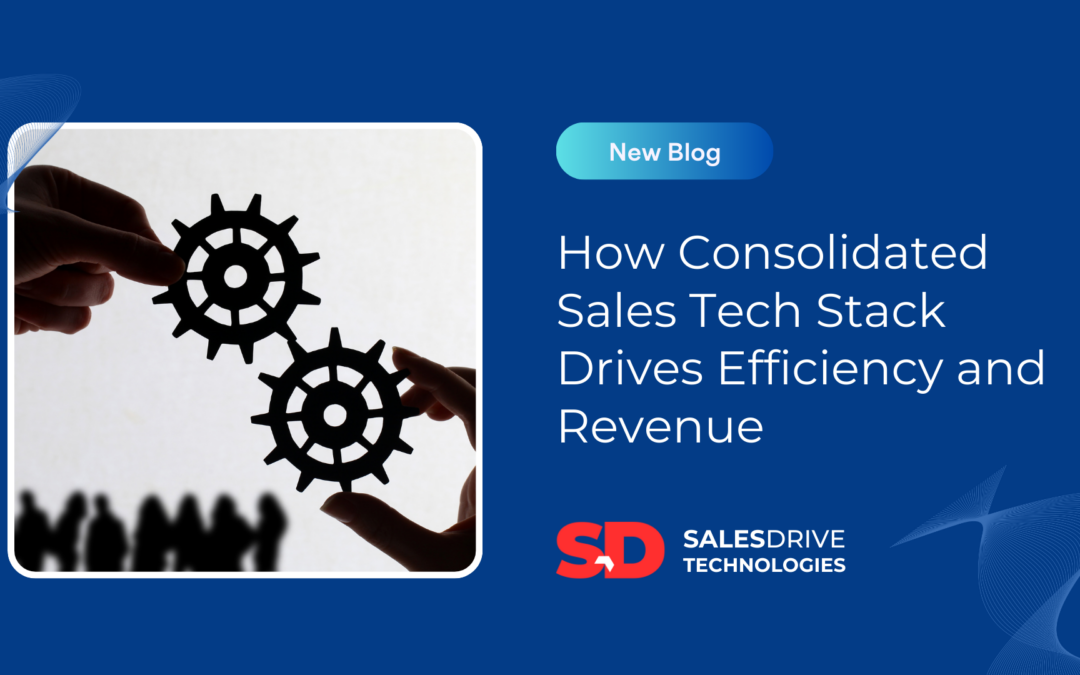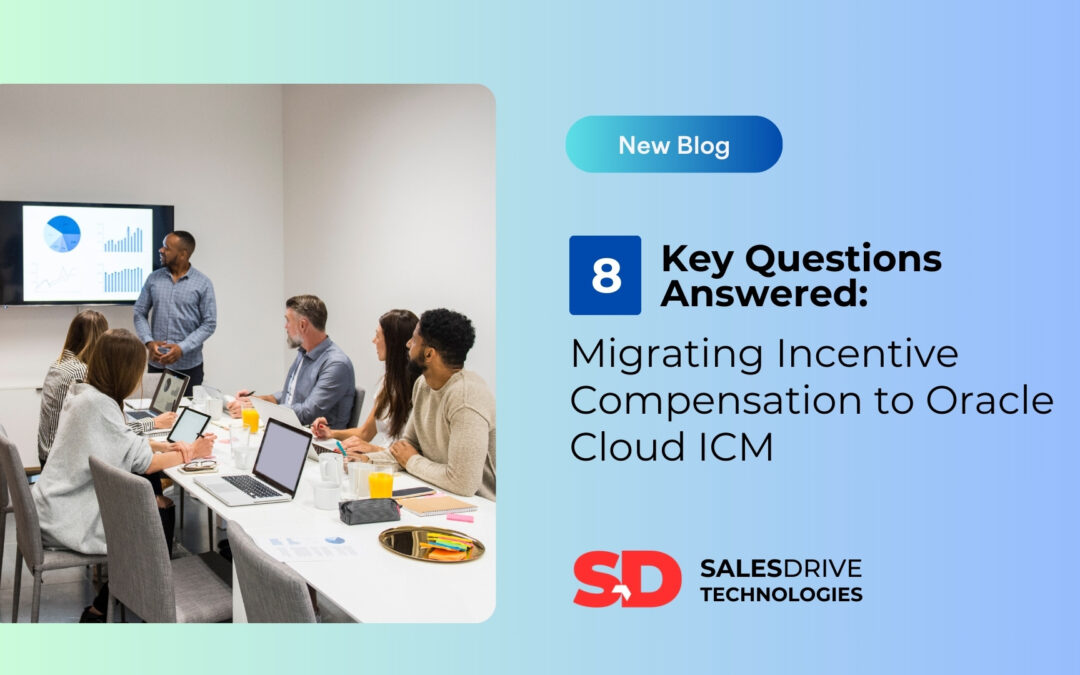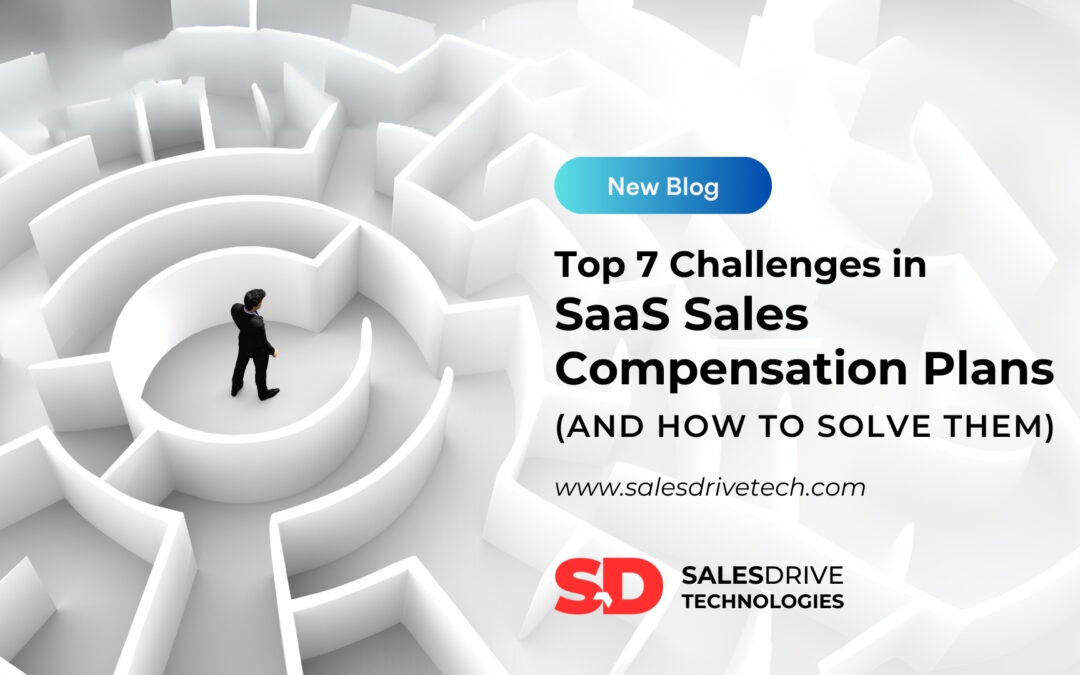Introduction
The COVID-19 pandemic has brought about a significant shift in the way we work. One of the most notable changes is the rise of hybrid work, a model that combines remote and in-office work. This new way of working has become increasingly important in today’s business landscape, particularly in the sales industry.
In fact, data suggests that
-
-
- Senior sales roles offer the most hybrid working options with 46.6% of Business Development Director job adverts and 45.6% of Chief Revenue Officers job adverts described as hybrid.
- Digital sales roles are far more likely to adopt modern work patterns, with 50.3% of adverts listed as hybrid work.
-
Further consider the following changes in the B2B space from a McKinsey survey .
-
-
- More than 90% of enterprises plan to sustain the changes made to their sales force structure over the past year to enable hybrid.
- Hybrid sales drive up to 50% more revenue by enabling broader, deeper customer engagement and unlocking a more diverse talent pool than more traditional models.
- As of December 2021, more than 90% of B2B sales organizations viewed today’s B2B omnichannel reality as equally or more effective in reaching and serving customers than it was before COVID-19.
-
This shift to hybrid work has had a profound impact on sales performance, presenting both opportunities and challenges.
The Impact of Hybrid Work on Sales Performance
Hybrid work has had a profound impact on sales performance. With sales teams spread across different locations and time zones, traditional methods of tracking and managing performance have had to evolve. Studies have shown that hybrid work can lead to increased productivity and employee satisfaction. However, it also presents new challenges that need to be addressed.
The biggest challenge is that the existing system of sales performance management has to evolve and perhaps scale to accommodate hybrid work related patterns. This HBR Article says that Performance Management Systems often struggle with defining roles, understanding individual strengths and weaknesses, providing feedback, initiating interventions, and rewarding positive behavior. Without a proper system, it’s harder for managers to effectively lead their teams.
In a hybrid work environment, these challenges are amplified.
For example, a sales manager might struggle with setting realistic goals for their team when they can’t physically see their team’s day-to-day activities. Or they might find it difficult to provide constructive feedback when communication is primarily through digital channels.
Moreover, traditional performance metrics such as the number of sales calls made or deals closed might not accurately reflect a salesperson’s performance in a hybrid work environment.
For instance, a salesperson might be closing fewer deals but could be building stronger relationships with clients that could lead to larger deals in the future.
These are just a few examples of how organizations can struggle with measuring, tracking, and managing sales performance in a hybrid work environment. In the following sections, we will discuss how Oracle’s Sales Performance Management solution can help address these challenges.
Challenges in Managing Sales Performance in a Hybrid Work Environment
Managing sales performance in a hybrid work environment comes with its own set of challenges. Here are the top five advanced challenges in managing sales performance in a hybrid work environment,
1. Complex Incentive Compensation Management:
In a hybrid work environment, managing incentive compensation can be complex due to factors like varying performance metrics and geographical disparities.
For example, a salesperson working remotely might have different sales targets compared to someone in the office.
2. Effective Quota and Territory Management:
Setting realistic quotas and effectively managing territories can be challenging when your team is dispersed. Suppose you have a global sales team with representatives in New York, London, and Sydney. Each representative is responsible for their respective region, and their quotas are set based on the potential of their territories.
For instance, a salesperson working in a different time zone might have unique territorial constraints. A representative in Sydney might be dealing with a market that’s rapidly growing due to a recent surge in demand for your product. On the other hand, the market in New York might be more mature and competitive. Setting a uniform quota for both representatives would not be fair or effective.
3. Accurate Performance Tracking:
Traditional performance metrics may not accurately reflect a salesperson’s performance in a hybrid work environment.
For example, a salesperson might be closing fewer deals but could be building stronger relationships with clients that could lead to larger deals in the future.
4. Maintaining Employee Engagement:
Ensuring that all team members feel engaged and part of the team can be more challenging in a hybrid work environment.
Imagine a sales team split between office and remote workers. Office-based members benefit from daily interactions and impromptu meetings, fostering learning and mentorship opportunities. Remote salespeople, however, might feel disconnected, missing out on information and feeling overlooked for opportunities. This can lead to isolation and disengagement, negatively impacting their performance and job satisfaction.
5. Leveraging Data for Sales Improvement:
With teams spread across different locations, leveraging data for sales improvement becomes crucial yet challenging.
In a matrix-structured sales organization, analyzing multi-dimensional data is vital but challenging. A rep may report to multiple managers based on product lines, customer segments, and regions. Data can reveal varied performance across different products or customer segments. Without suitable tools, this analysis is tough. Fair performance assessment must consider each product’s, segment’s, and region’s unique challenges.
Maximizing Sales Performance with Oracle’s Sales Performance Management Solution for Hybrid Work
Oracle’s Sales Performance Management (SPM) solution can help address these challenges. Oracle SPM offers advanced tools for incentive compensation, quota management, and territory management. The solution is fueled by a strong data foundation and machine learning, which helps increase revenue by aligning individual sales goals with your company’s sales strategy.
Here are some examples of how Oracle SPM can help address the top five advanced challenges in managing sales performance in a hybrid work environment:
-
-
- Complex Incentive Compensation Management: Oracle SPM’s incentive compensation capabilities leverage territory and quota management as part of its comprehensive approach to sales performance management. This helps ensure that the incentive compensation plan is aligned with the company’s sales strategy and goals.
- Effective Quota and Territory Management: Oracle SPM enables you to easily create territories based on geography, business units, product lines, industries, named accounts, and other factors. You can also balance territories using advanced dimensions such as account scores. This helps optimize sales coverage and improve planning.
- Accurate Performance Tracking: Leveraging the incentive compensation capabilities in Oracle SPM, the dashboard enables you to measure individual and team performance. The dashboard gives managers a top-down view of their team’s sales performance, from total calls made to leads converted.
- Maintaining Employee Engagement: Oracle SPM helps motivate and retain sales talent and key partners with rapid payments, adapt to unexpected market changes, and adjust quotas and territories to drive revenue. This helps maintain employee engagement by ensuring that they are rewarded for their hard work.
- Leveraging Data for Sales Improvement: Oracle SPM is fueled by a strong data foundation and machine learning, which helps increase revenue by aligning individual sales goals with your company’s sales strategy. The solution provides productivity and training tools for sales reps, which reduces on-boarding and ramp-up costs significantly. It also reduces costly overpayments and compensation/territory disputes.
-
Oracle is an Exemplary Vendor, ranking first overall in the 2023 Ventana Research Buyers Guide for Revenue Performance Management (RPM) for the third consecutive year3. With its advanced tools for incentive compensation, quota management, and territory management, Oracle SPM can help you increase revenue by aligning individual sales goals with your company’s sales strategy.
Conclusion
The shift to hybrid work has brought about new challenges in managing sales performance. However, with solutions like Oracle’s Sales Performance Management, these challenges can be effectively navigated. By leveraging the right tools and strategies, sales managers can ensure their teams continue to perform at their best, regardless of where they are working from.




